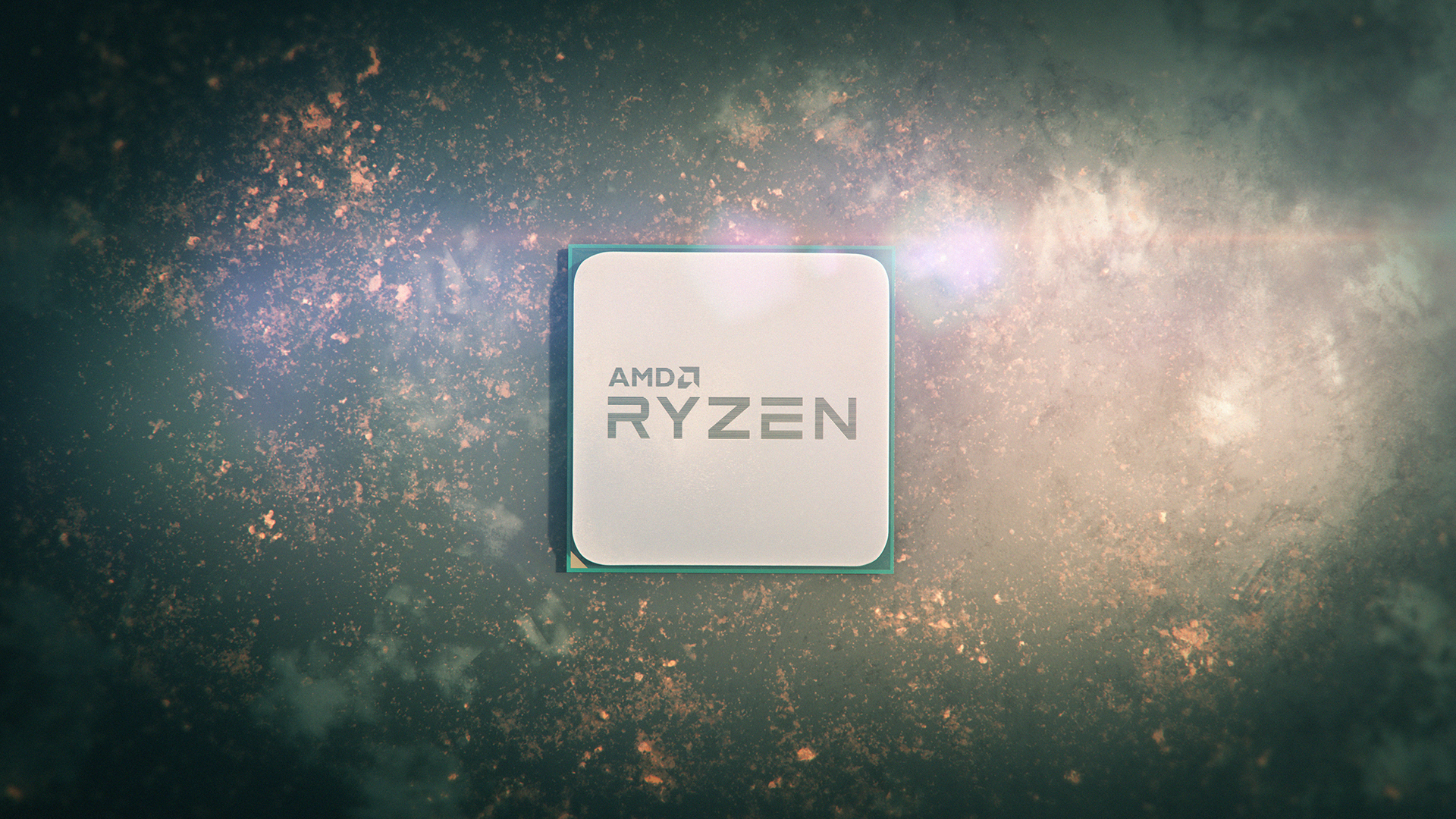AMD Ryzen CPU sales are on fire – but it still has a long way to go to topple Intel
New stats show that AMD is now threatening Intel’s laptop CPU empire

AMD has made gains across the board in the world of CPUs, taking more turf from Intel when it comes to not just desktop processors – as has been widely observed in recent times – but also with mobile chips, and in the server market, too.
That’s according to statistics on processor unit sales (as opposed to revenue) crunched by analytics firm Mercury Research, as shared by AMD (and highlighted by Tom’s Hardware).
- At CES 2020, Intel fails to defend its crown from AMD
- We've chosen all the best graphics cards
- These are the best processors of 2020
Perhaps the most interesting point here is that while AMD was indeed successful in all CPU categories, desktop processor growth wasn’t as strong as the progress Ryzen made in terms of laptop chips, and that has to be a major worry for Intel (which is dominant in the vital notebook arena).
At any rate, let’s look at desktop first (note that all these figures from Mercury Research exclude IoT, or Internet of Things, sales). Ryzen desktop chips hit a market share of 18.3% in the final quarter of 2019, which was up an impressive 2.4% year-on-year. That’s the highest level witnessed by AMD since 2014 (Q3).
Compared to the previous quarter, though, it was a much more modest gain of 0.3%. In Q4 2018, the quarter-over-quarter gain was 2.8%, so 2019 represents slower progress in that light, even if overall unit numbers are up considerably as mentioned (with AMD making bigger gains in Q1 and Q3 2019, than in 2018).
Dean McCarron of Mercury Research observed that “desktop CPUs were up due to strong high-end gaming CPU demand”, and AMD further clarified that the gains were “thanks to the strength of powerful new processors launched in Q4, like the Ryzen 9 3950X and the 3rd generation Threadripper family”.
It would seem that those big-core-count Ryzen 3000 processors were a major driver here.
Get daily insight, inspiration and deals in your inbox
Sign up for breaking news, reviews, opinion, top tech deals, and more.
So, the overall desktop picture is still strong for AMD, and the outlook for this year equally positive, given the expected major boost which Ryzen 4000 processors are set to provide – possibly up to a 20% performance uplift compared to current chips – and the fact that Intel’s next-gen Comet Lake products appear to be delayed somewhat.
Mobile momentum
As mentioned, though, the mobile arena is perhaps the most interesting point here, with AMD reaching a 16.2% market share. That’s up no less than 4% year-on-year, a huge leap, and 1.5% compared to the previous quarter. The figure represents AMD’s strongest performance since 2013 (Q2).
And mobile processors, as you’re likely aware, are the biggest sales market, so this a very positive sign for AMD – particularly as it revealed new Ryzen 4000 mobile chips at CES which promise to deliver storming performance levels, if early leaks are anything to go by.
Compounding Intel’s misery, AMD continues to make progress in the server market too, with new Epyc silicon driving the firm’s share up to 4.5%, representing a 1.4% gain compared to the same time last year.
AMD noted: “The ramp of 2nd generation Epyc processors, launched mid-2019, has been significantly faster than 1st generation, thanks to performance and TCO advantages over the competition.”
While AMD is making great progress across all CPU fronts, then, there is obviously still a long road ahead in terms of tipping the scales of Intel’s dominance, particularly away from the desktop. But these kind of market shifts happen slowly, and a shift is clearly what’s happening…
Darren is a freelancer writing news and features for TechRadar (and occasionally T3) across a broad range of computing topics including CPUs, GPUs, various other hardware, VPNs, antivirus and more. He has written about tech for the best part of three decades, and writes books in his spare time (his debut novel - 'I Know What You Did Last Supper' - was published by Hachette UK in 2013).